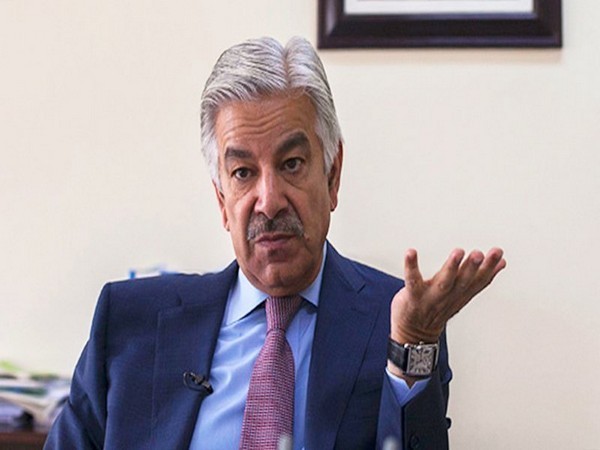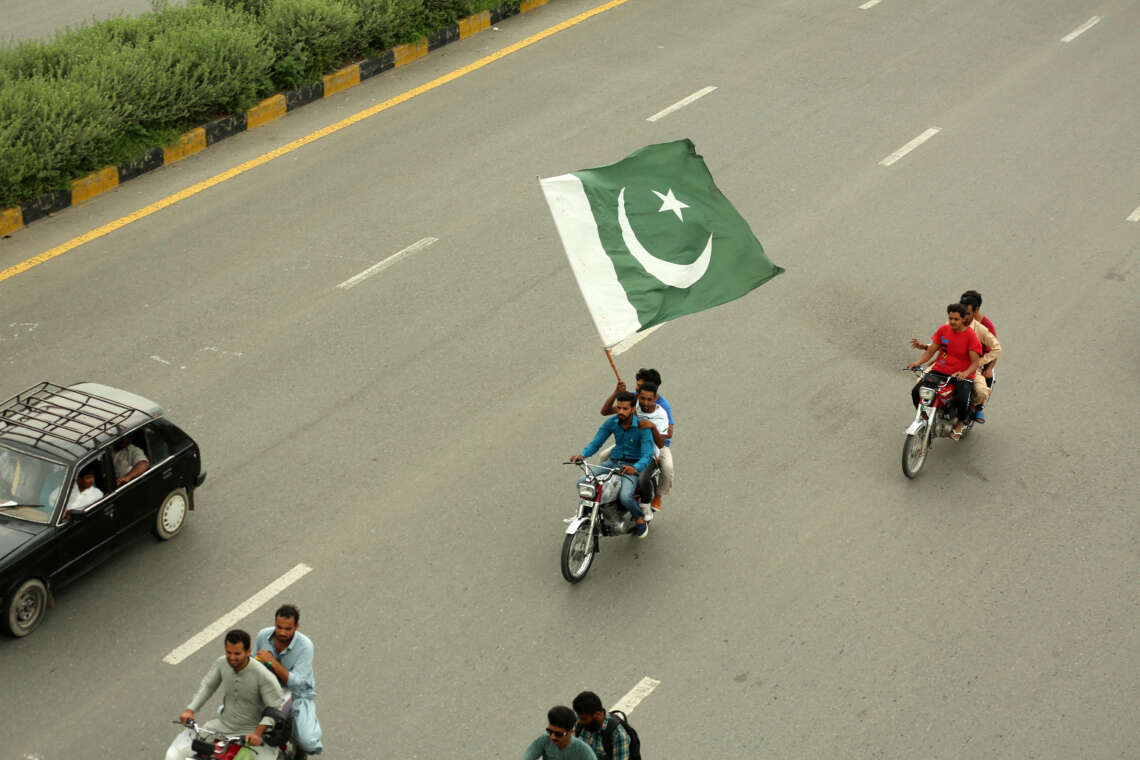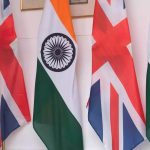The Indian strikes and Islamabad’s retaliation has jolted locals who fear that it could potentially lead to a full-scale war between the two countries…reports Asian Lite Ndews
Pakistan’s Defence Minister Khawaja Asif stated that the ongoing tensions and heightened confrontation between India and Pakistan could ease only if New Delhi withdraws from its aggressive stance. His comments followed India’s launch of ‘Operation Sindoor,’ which targeted nine sites in Pakistan and Pakistan-occupied Kashmir (PoK), allegedly hitting terror hideouts. Pakistan, in turn, claimed it carried out counter-offensive actions along the Line of Control (LoC) in response to the Indian airstrikes.
Speaking to Bloomberg, Asif said that Pakistan holds the right to respond to any aggression by India, insisting that Islamabad “was only responding” to India’s attacks and should not be seen as the aggressor in the current conflict.
“This has been initiated by India. If India is ready to back down, we will definitely wrap up this tension,” he said.
“As long as we are under attack, under fire, we have to respond. We have to defend ourselves. But if India backs down, we will wrap up this tension”, the Pakistani Defence Minister added.
Pakistan’s Inter-Services Public Relations (ISPR) Director General Lt. General Ahmed Sharif Chaudhry said that at least 26 people have been killed and 46 others injured in the airstrikes that New Delhi stated were conducted on terror camps in Pakistan-occupied Kashmir (PoK) and Punjab province.
The country has been put on a ‘red alert’, with government hospitals ready for any emergency; airspace for all domestic and international flights closed for at least 24 to 36 hours; all educational institutions in capital Islamabad and the Punjab province closed; and, all forces on stand by following the late night Indian air strikes on terror hideouts in different parts of the country.
The Indian strikes and Islamabad’s retaliation has jolted locals who fear that it could potentially lead to a full-scale war between the two countries.
The strikes targeted six different locations inside Pakistan, including Masjid SubhanAllah – the alleged hideout of Jaish-e-Mohammed (JeM) chief Maulana Masood Azhar in Ahmedpur Sharqia area of Bahawalpur city in Pakistan’s South Punjab province.
Multiple strikes were also conducted in other areas, including Muridke, the alleged hideout and headquarters of Lashkar-e-Taiba (LeT) and Jamaat ud Dawa (JuD) chief Hafiz Saeed besides other locations in Muzaffarabad, Kotli and Bagh cities.
Pakistan Prime Minister Shehbaz Sharif, who will address the nation on Wednesday afternoon, called an emergency National Security Committee (NSC) meeting at the Prime Minister’s House to discuss the current security situation in the country, and the future course of action against India.
The crucial meeting will formulate policy and also contemplate on the interventions by global powers, including the United States, which has called on both sides to show restraint and de-escalate the fast-aggravating tensions between the two nuclear-armed neighbours.













